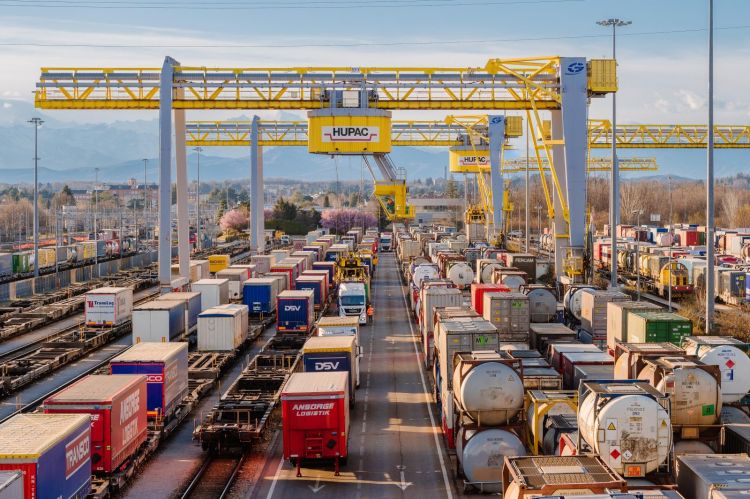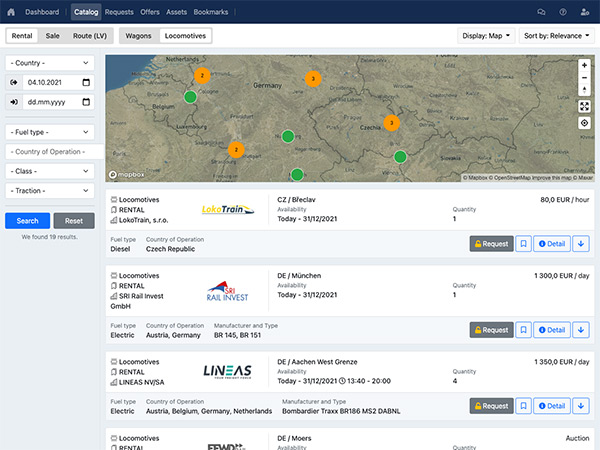The downturn was only marginally less severe than the 14.67% contraction witnessed during the second quarter of 2020 when COVID-19 lockdowns peaked. The latest decline comes on the heels of a 6.46% contraction in the final quarter of 2022, signalling a consecutive negative trend for Combined Transport.
Amidst these challenging times, the UIRR Sentiment Index, which gauges business sentiment for the upcoming 12 months, remains resolutely 'negative.' The European Combined Transport industry finds itself caught in a "perfect storm" resulting from a combination of severe punctuality issues in rail freight, a shortage of train path capacity, persistently high traction electricity prices, impactful strikes in France and Germany, a slowdown in economic growth, and an abundance of available capacity from long-distance road hauliers facilitated by reduced fossil fuel prices.
In response to these issues, the International Union for Road-Rail Combined Transport (UIRR) has proposed various viable solutions that fall within the existing regulatory framework. These proposals were presented during the inaugural meeting of the Single European Railway Area Forum (SERAF), a newly established platform facilitated by the European Commission to foster collaboration and productivity within the European railway sector.
Furthermore, the intermodal sector is actively advocating for Member States to utilise the Commission's electricity power toolbox, enabling immediate intervention to address the challenges at hand. Simultaneously, discussions are underway regarding restructuring Europe's electricity market, with a particular focus on completing this transformation.
To demonstrate their support, the European legislator can initiate progressive adjustments to the regulatory framework concerning fossil fuel excise duties, revise the TEN-T Regulation, and expedite the implementation of the Electronic Freight Transport Information Regulation through the adoption of implementing regulations. The European Commission is expected to express its preferences through the upcoming Greening Freight Package, scheduled for release on July 11 of this year.

